Women's health
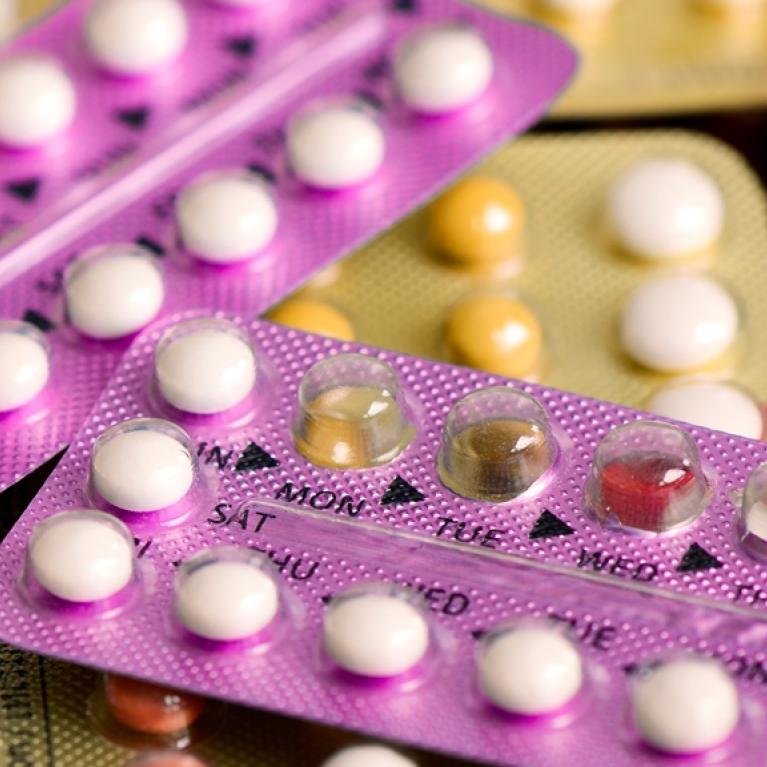
The contraceptive pill: A story of sexual liberation and dubious research methods
In 1967, Norwegian women were finally allowed to decide for themselves when to get pregnant. The contraceptive pill has had enormous significance for women’s emancipation, but researchers doubt whether it would have been approved today.
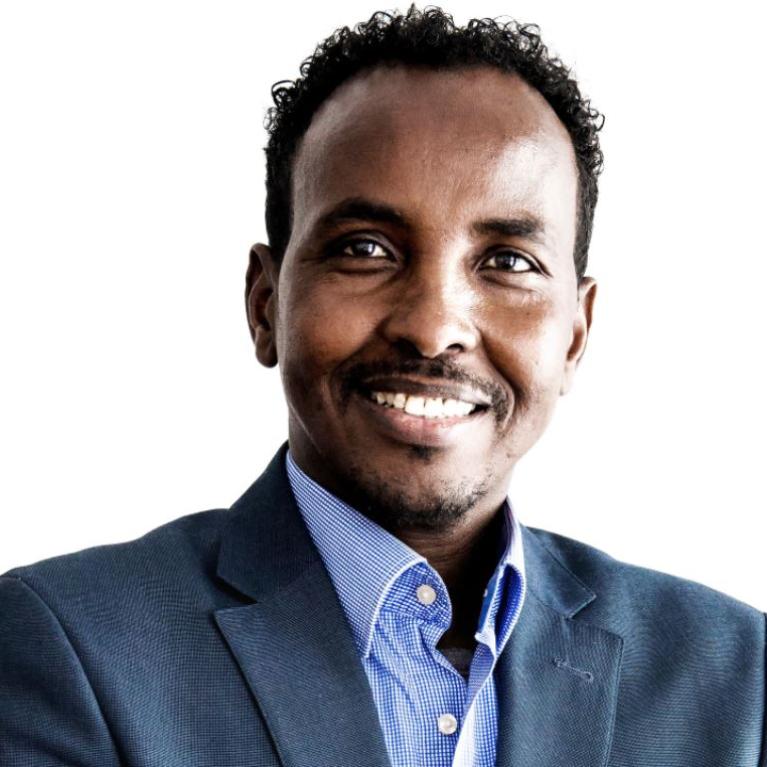
How do gender perspectives in migration health look like?
We ask Abdi Gele, Research Director at the National Expertise Center for Migration and Minority Health (NAKMI).
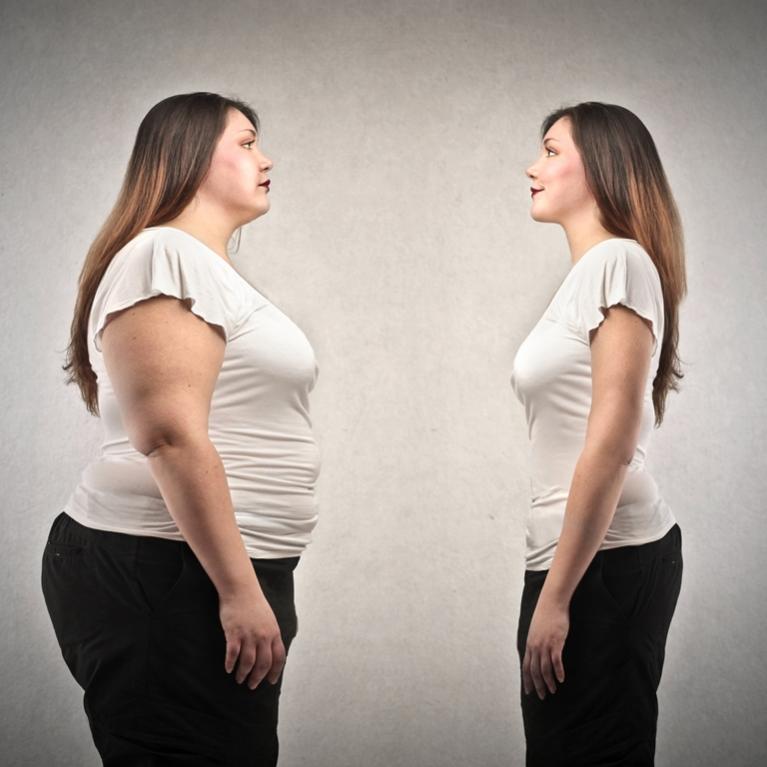
Eternal witch-hunt for the fat body
“The fat body carries a secret that has to be revealed at all costs; it is a living symptom that something has ‘gone wrong’,” says Camilla Bruun Eriksen. She has studied the representation of fat bodies in popular culture.

Communication is key to understanding female circumcision
Lack of communication hampers the prevention of female genital mutilation, according to anthropologist Rachel Issa Djesa. She has observed encounters between Norwegian authorities, health personnel and Somali women in Norway.

Girls beaten by their boyfriend avoid the word ‘violence’
Young women who have experienced violence may be difficult to detect. In online reader’s queries, they try to put what is going on in their relationship into words.
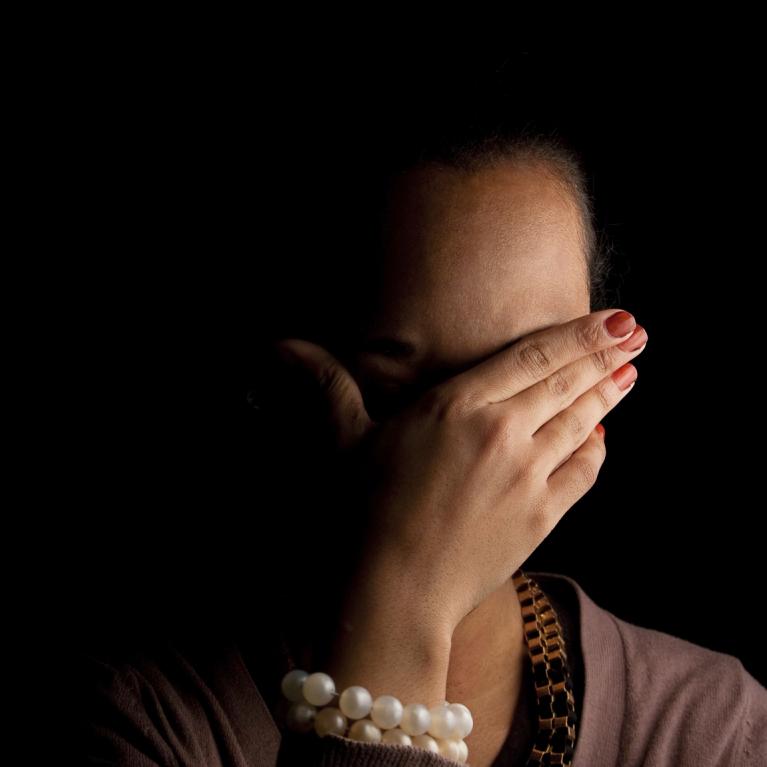
Taking back the body with new clitoris
In Sweden, circumcised women are offered a new kind of operation. But it is yet unknown how well it works.
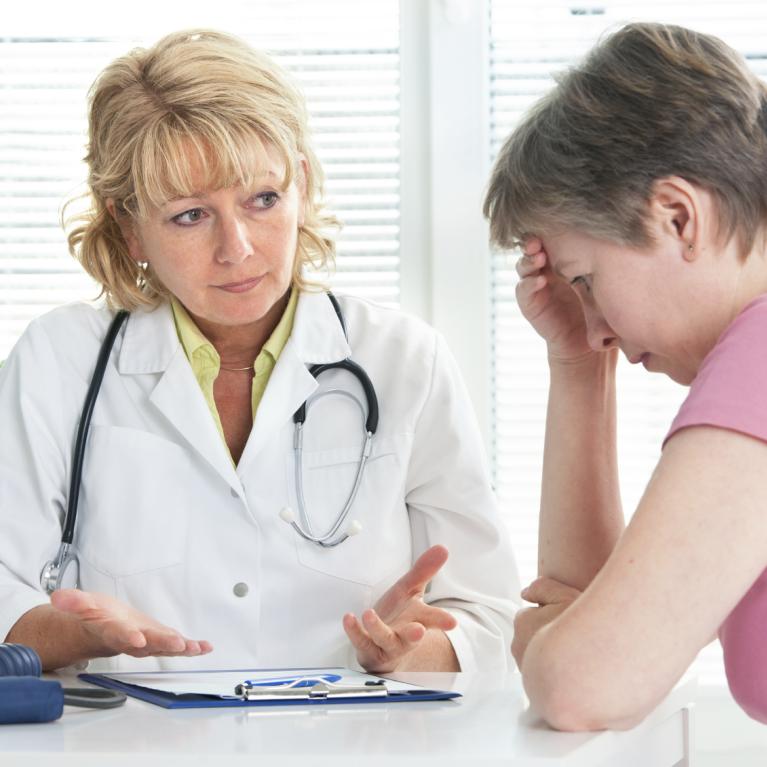
Inequalities in health: Men die, women suffer
Nordic men need to start seeing the doctor before it is too late. Nordic women need to become better at talking about their work environment. And the politicians who are crafting tomorrow’s health policy need to put on their gender spectacles, state researchers.

When sex becomes impossible due to burning pain in and around the vulva
Women with vestibulodynia feel that they’re missing out on the wonderful sex that the media boasts of. And they’re ashamed of being poor sexual partners.
At the limit of what a person can bear
Most pregnant women whose foetus is proven to have a genetic abnormality choose to have an abortion, but reaching that decision is a painful, exhausting process for most of them. “The women’s doubt, pain and sorrow make abortion more moral – in the eyes of society as well as her own,” says Sølvi Marie Risøy, a researcher at the University of Bergen.
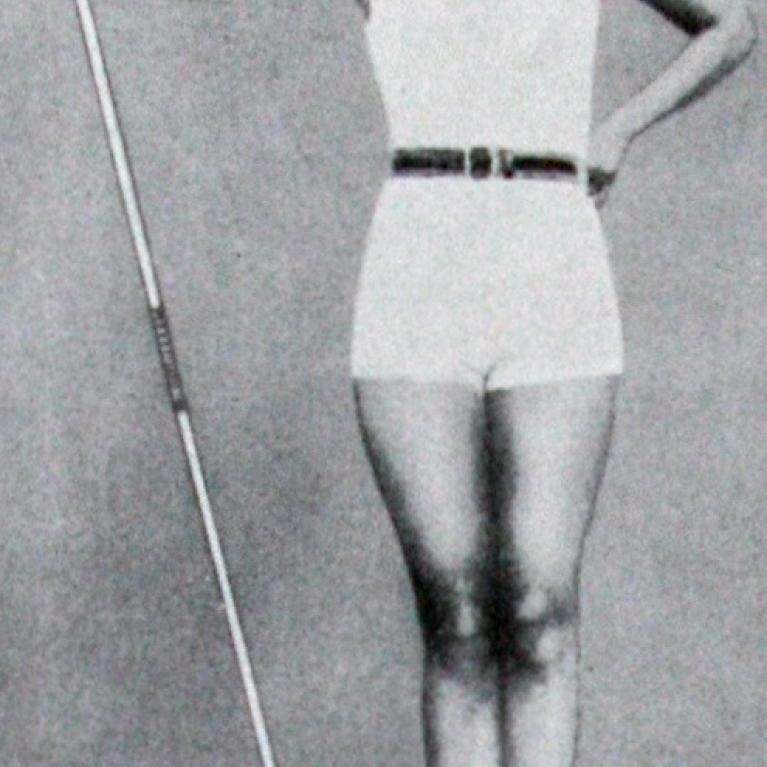
Muscles and medicine
According to doctors during the interwar period, wide hips made women unsuitable for running long distances. In her recent doctoral thesis, Kerstin Bornholdt looks at how researchers reached conclusions like this.
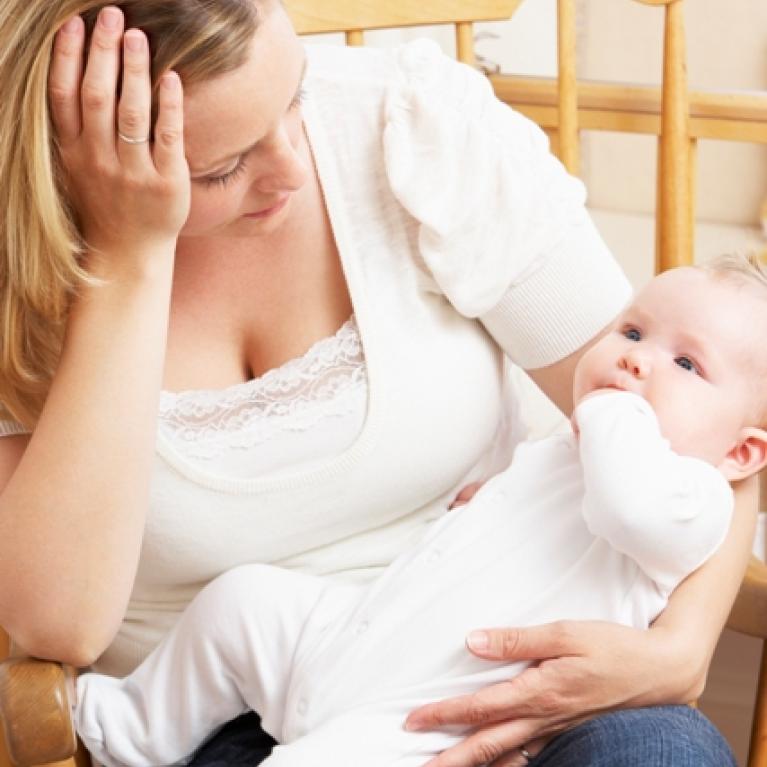
Hit by the baby blues
Many Norwegian women postpone pregnancy until they have completed their education and are well established on their career path. This may make them more vulnerable to postpartum depression.
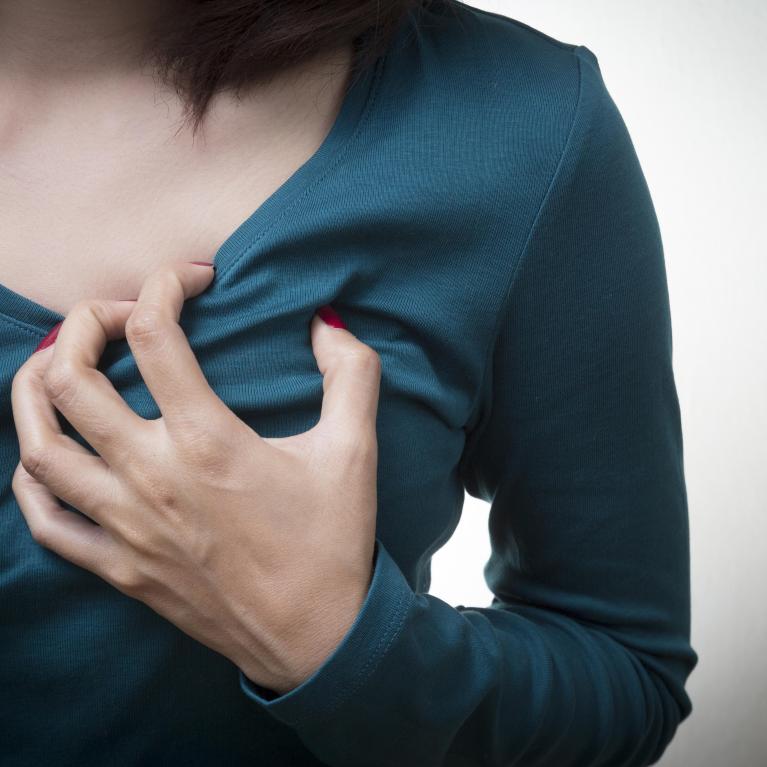
“Heart disease is the number one killer of women in Norway”
More research is carried out on breast cancer than on women’s heart attack. Even though heart attack kills more women.
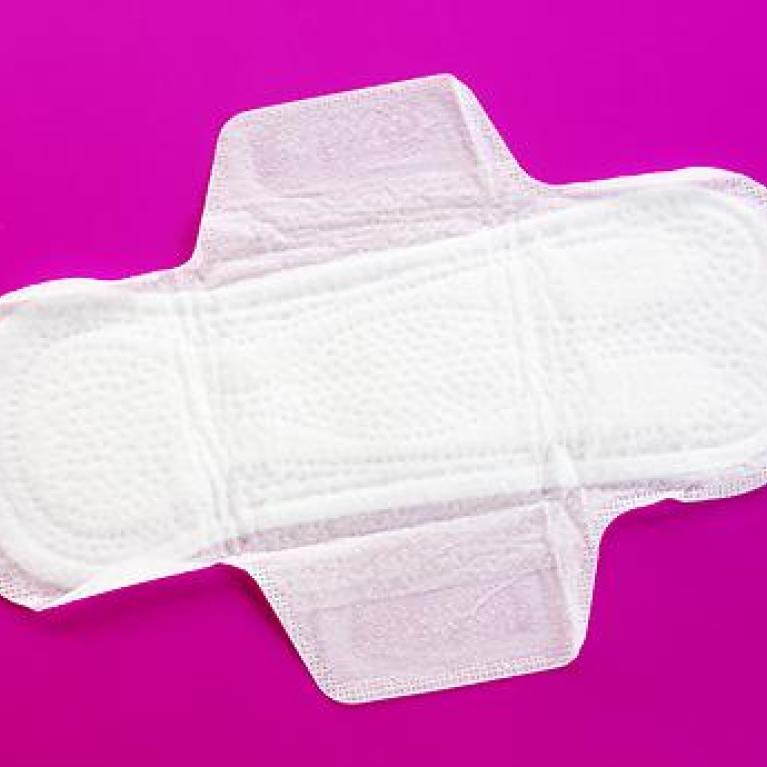
Annoying body fluids
They are “disgusting” to talk about and should not be visible on the outside of your clothing. And they should flow easily and naturally. Norwegian researchers from several different fields have now written a book on menstruation and breast milk.
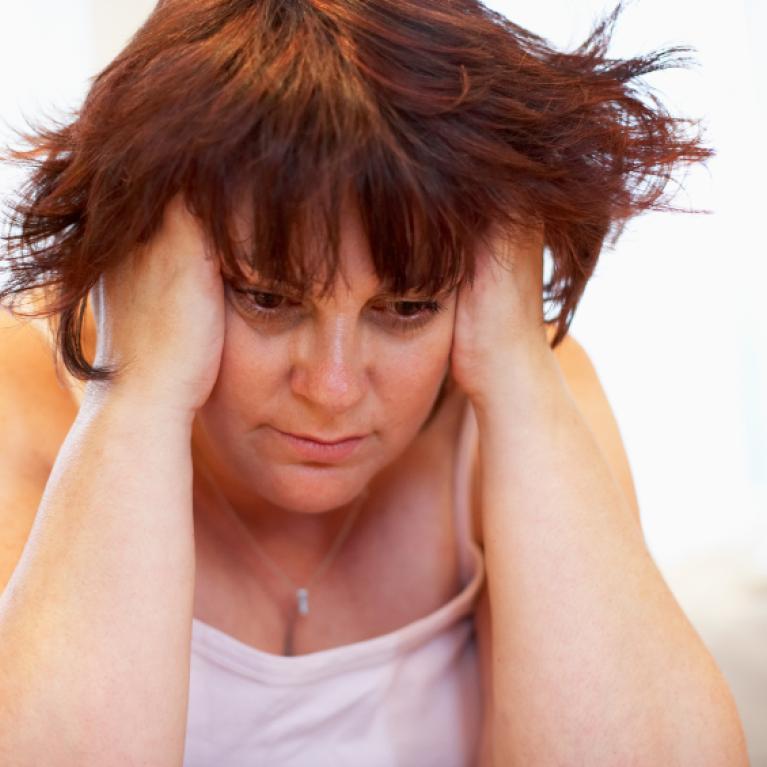
Weight loss surgery increases social acceptance, but the body remains problematic
All of a sudden the once obese women are treated with respect in society. But underneath the clothes the skin is saggy and it takes a long time to become familiar with the “new” stomach.
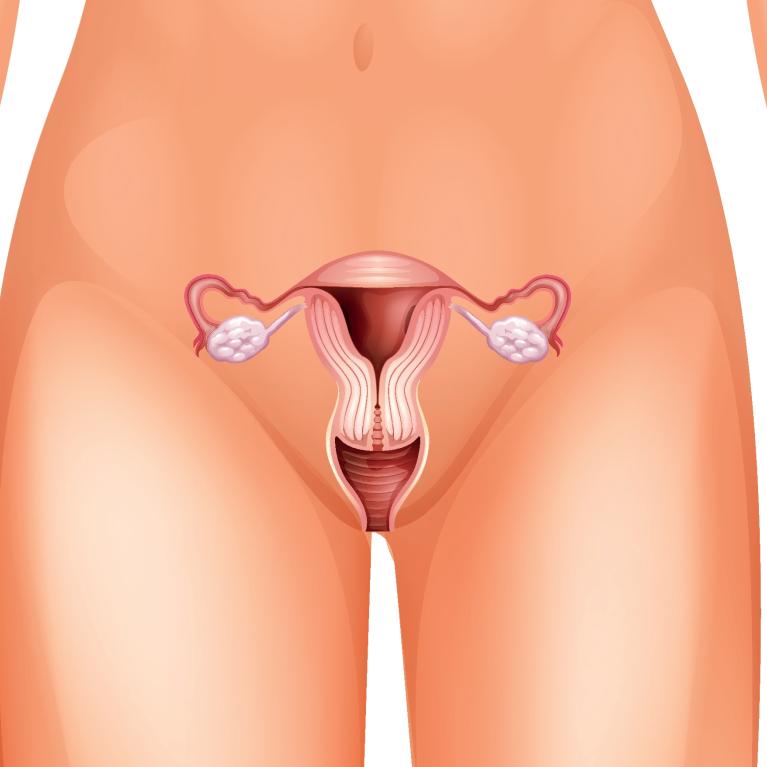
The women's cancer nobody talks about
They’re thrown into menopause in their twenties, lose the possibility to have biological children, and struggle with their sex life. But they don't talk about it. For while breast cancer is business, pink ribbons and celebrities - gynecological cancer is still taboo.
News Magazine
Our news magazine is an independent online newspaper and a member of the Norwegian Specialised Press Association Fagpressen.